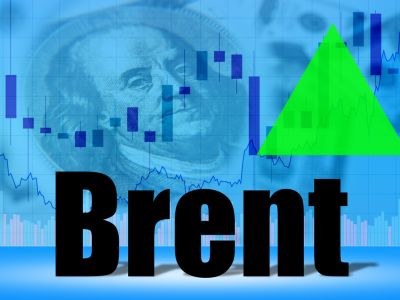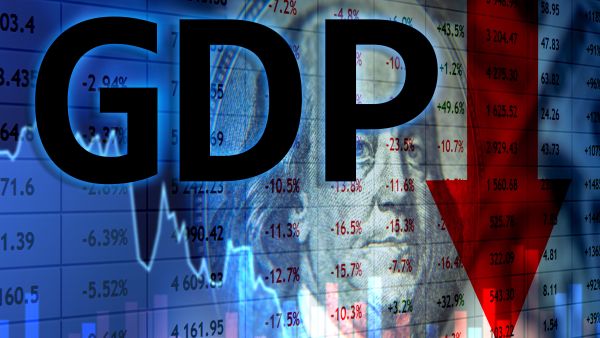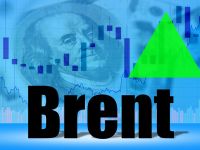ALBAWABA — The United States gross domestic product grew at a 2.7 percent annual rate in the fourth quarter of last year, the U.S. Commerce Department said on Thursday, lowering its previously reported estimate of 2.9 percent, on the back of lower consumer spending data.
"The updated estimates primarily reflected a downward revision to consumer spending that was partly offset by an upward revision to nonresidential fixed investment," the Commerce Department said in a statement.
While GDP growth for 2022 remained unchanged at 2.1 percent, the estimate of consumer spending growth in the October-December quarter, dropped from a 2.1 percent rate to 1.4 percent, the weakest such showing since the first quarter of last year.
The adjustment comes as efforts by the U.S. Federal Reserve to aggressively cool demand and lower inflation slumped the housing sector and hit consumer spending.
Other recent U.S. economic indicators suggest that the Fed could raise interest rates at a much more aggressive pace to slow down the economy in an effort to reel in inflation.
Both the Personal Consumption Expenditures Price Index and the PCE deflator are well off previous quarters’ pace of price increases.
The PCE Price Index, measuring prices paid for personal spending, rose 3.7 percent in the quarter, up from 3.2 percent in the preliminary report, hitting a high of 7.5 percent in the first quarter of last year.
Another closely watched inflation measure of consumer spending, the PCE deflator, rose to 3.9 percent, from 3.5 percent previously, hitting a high of 9 percent in the second quarter of 2022.
The Fed’s most recent interest rate hike earlier this month was only a quarter of a percentage point, the smallest increase in its benchmark rate in nearly a year.
The Fed’s significant increases in interest rates since earlier last year could lead to a mild recession in late 2023 on the back of a strong labor market, consumer balance sheets and a well-balanced housing market, according to the PNC Financial Services Group.
"The biggest news (in the GDP report) was on inflation, which continues to run much hotter than the Fed would like," Gus Faucher, PNC chief economist told CNN.
"The upward revisions to fourth quarter inflation support further increases in the fed funds rate in the near term. This, in turn, means further drag on the economy from higher rates in the second half of 2023," added Faucher.
Analysts expect GDP to slow in the first few months of 2023, in welcome news to the Fed.
"However, even as growth slows, a focus on lowering elevated inflation means rates will move up further and will remain higher for longer," Rubeela Farooqi, chief US economist at High Frequency Economics, told Agence France-Presse.
The Fed is expected to keep raising its benchmark interest rate over the next few months and to keep it at a peak through 2023 with minutes from its last policy meeting released on Wednesday showing that all 19 Fed officials favor raising rates at the next two meetings.
"From the Fed’s perspective, a slowdown in the economy is anticipated and will be welcome news," Farooqi told The Associated Press. "However, even as growth slows, a focus on lowering elevated inflation means rates will move up further and will remain higher for longer."
The Fed has raised its policy rate by 450 basis points since last March from near zero to a 4.50-4.75 percent range.
The unexpectedly drop last week of the number of Americans filing new claims for unemployment benefits, pointed to a steadfastly tight labor market, fueling fears that the Fed would raise interest rates higher than anticipated.
"If the labor market is the light guiding the Fed's path to bringing inflation under control, policymakers have some more work to do because growth remains positive and the demand for labor is strong," Christopher Rupkey, chief economist at FWDBONDS in New York told Reuters.
"There's no recession anywhere in today's data and inflation looks slightly worse," Rupkey added.









